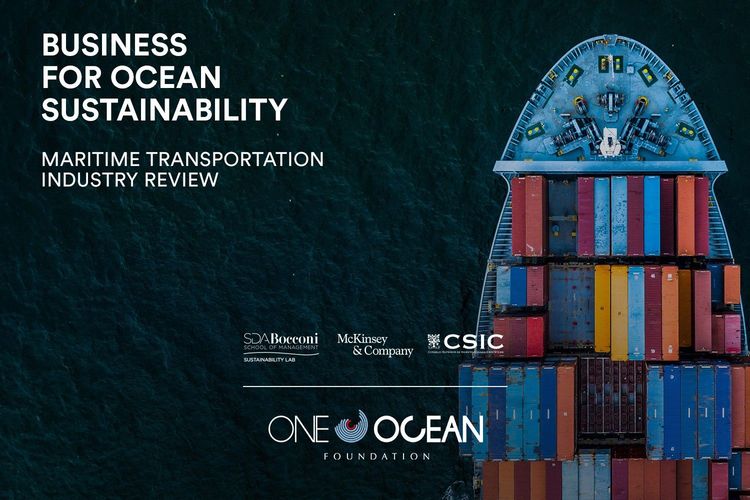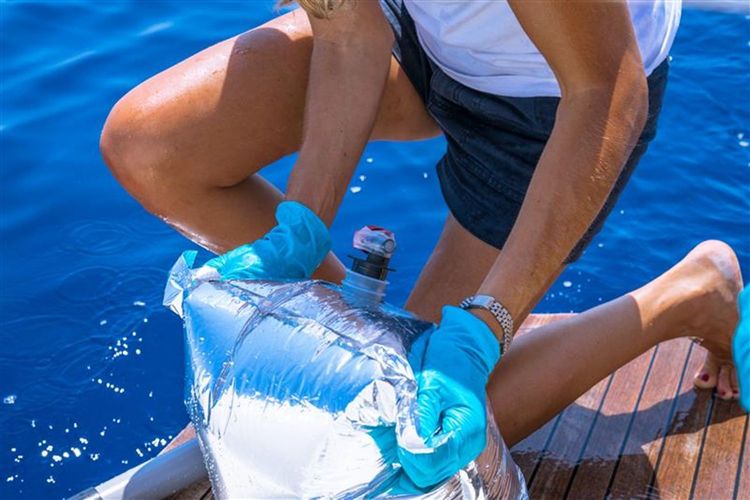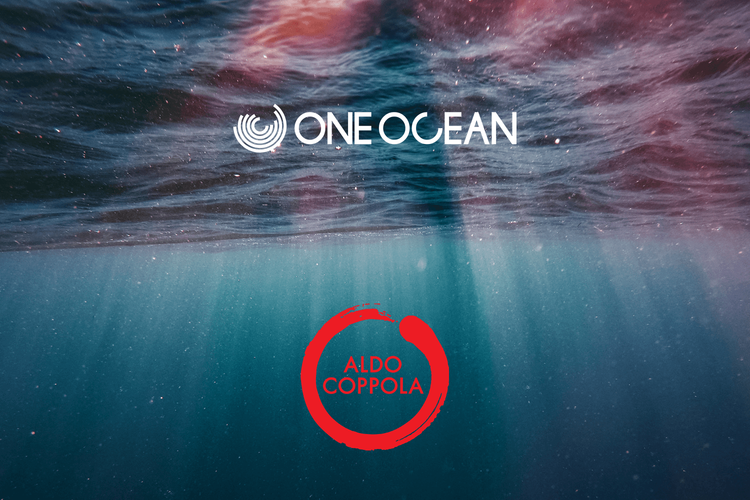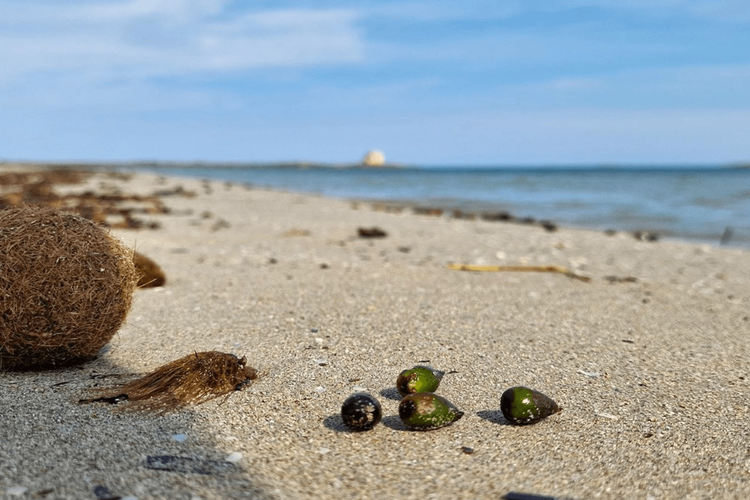
Maritime transport, accounting for more than 90 percent of global commercial traffic, plays a central role in the international trade. Nevertheless, this dominance has significant environmental consequences that demand thoughtful consideration and the implementation of corrective actions.
In this report – conducted in the framework of the Ocean Impact Initiative - we explore the pressures of the marine transport on the ocean and highlight some of the best practices to mitigate its environmental footprint.
The pressures of maritime transportation on marine ecosystems
Even though shipping is one of the modes of transportation with the lowest CO2 emissions per distance and weight carried, shipping movements across the ocean contribute to significant negative impacts on both air and water quality as well as on marine and river biodiversity.
This scientific review identified that the most significant pressures for ocean health exerted by the maritime transportation sector, concerning the introduction of:
- non-indigenous species, through the ballast waters and biofouling, with potential negative effects on native biodiversity
- contaminants, due in particular to accidental oil spills
- marine litter, due to poor waste management
- underwater noise, which disrupts marine life by affecting their communication and orientation.
Exploring sustainable paths to mitigate maritime transportation effects
The analysis of the environmental pressures of maritime transportation underlines the urgency of a conscious and proactive approach to preserving the marine ecosystem.
Based on the present study, there are potential solutions to mitigate the environmental impacts of the shipping sector, including:
- Treatment of ballast waters to prevent the spread of invasive species
- Improvement of ship engine designs to minimize underwater noise impacts
- Implementation of alternative technologies to reduce chemical pollution from the anti-fouling paintings.
- Employment of alternative fuels and electric or hydrogen powered vessels to reduce GHG emissions.
Through the implementation of advanced practices and technologies, it is possible to ensure a sustainable future for the industry by effectively balancing commercial needs with environmental conservation.
This review underscores the commitment of One Ocean Foundation to fostering a sustainable Maritime Transportation Industry while preserving our fragile marine ecosystems.


